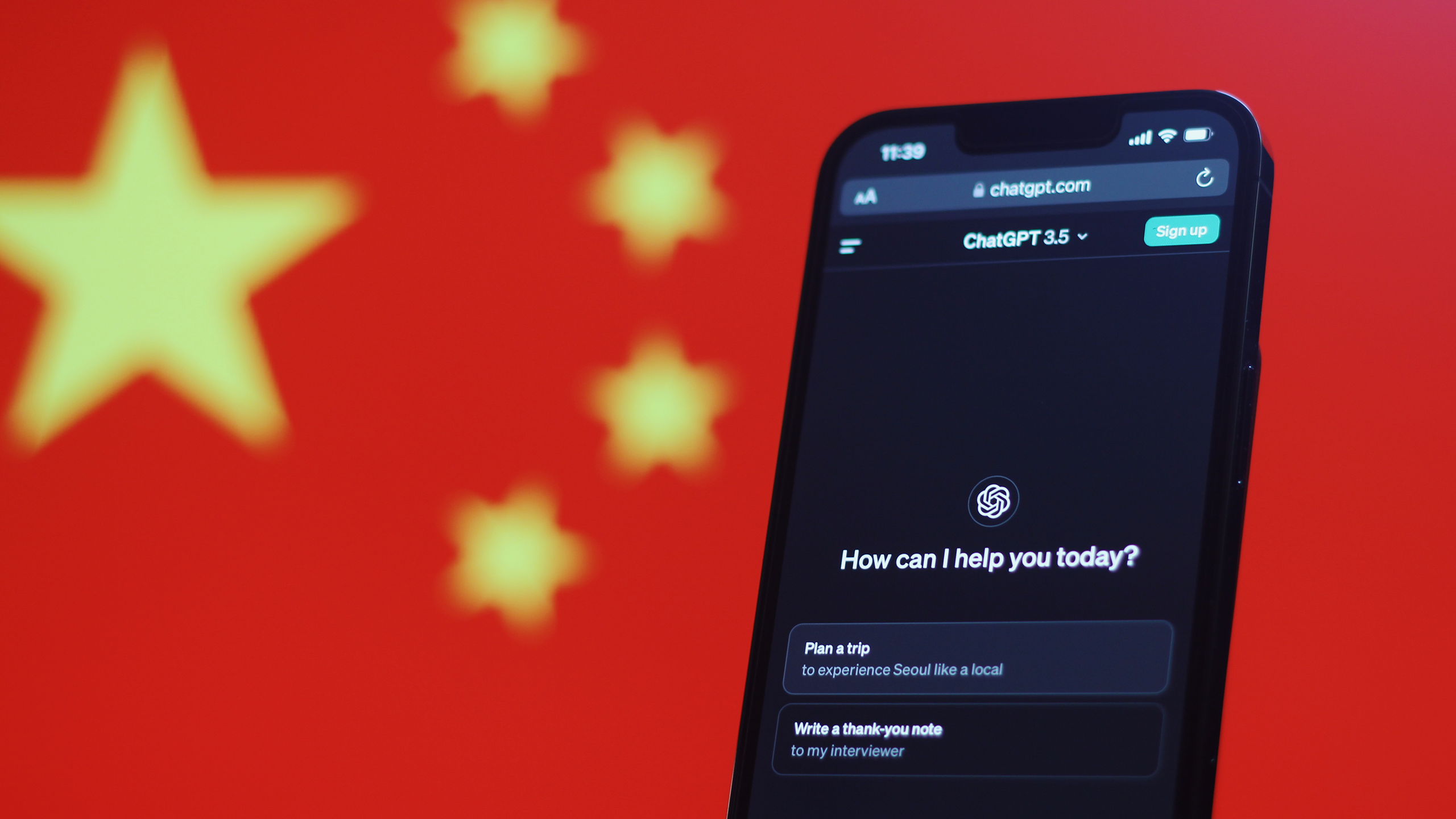US Mulls Export Bans on AI Software to China
The US worries that models like ChatGPT could allow China to launch cyberattacks or even design biological weapons.

Sign up for smart news, insights, and analysis on the biggest financial stories of the day.
Sometimes when you’re playing hardball, you have to go soft.
Reuters reported on Wednesday that the US government might escalate its trade war with China by blocking US companies from selling powerful proprietary AI software models to China, along with the data used to train those models. The question is: What company in its right mind would sell its model to begin with?
AI Can Do Anything Better Than You
The US and China have been battling over computer chips since the Trump administration, and the fervor has increased with the advent of generative AI. The US has piled export bans on state-of-the-art chips essential to provide the computing power to run generative AI software. Keegan McBride, an adjunct senior fellow at the Center for a New American Security and a lecturer at the Oxford Internet Institute, said the US has fought to preserve its AI lead over China because it’s a rare area of technology where it’s had a head start. “The US has gotten trashed in other sorts of technological competitions with China, particularly if you think about things like 5G, and quantum [computing],” McBride said. “AI is a specific technology that is important, where [the US has] advantages pretty much across the board,” he added.
Now, AI models seem to be too big of a risk to be on the open market:
- Sources told Reuters that the US worries that with powerful models à la ChatGPT, China (or other hostile nations) could launch cyberattacks or even design biological weapons.
- To decide when an AI system is too powerful to export, the sources said, the US may rely on a benchmark set out in an executive order last October, which measures an AI tool’s potency by how much computing power is used to train it. Current commercially available AI tools haven’t hit that benchmark yet.
But limiting the export of AI models doesn’t make a lot of sense, McBride said. “On paper, it sounds like a good idea. But in practice, nobody is going to be selling these models in the first place, because it’s the most valuable piece of IP that they have,” he said. On the flip side, China tightly controls large language models (LLMs) so it can heavily censor their responses. An AI-powered image generator developed by China tech giant Baidu in 2022, for example, was trained to ignore requests for images of Tiananmen Square.
Future-proofing or Political Theater? If the US enforces the block on AI models, McBride said, it’ll be largely symbolic, emphasizing that only a small number of big US tech companies are anywhere near hitting the computing threshold. “We’re talking about Google, and Meta, and Microsoft, and Amazon,” he said. Perhaps the US is worried that computing power will accelerate so much that any old startup will hit that threshold, but that’s a ways off. For now, it’s a version of AI saber-rattling.











